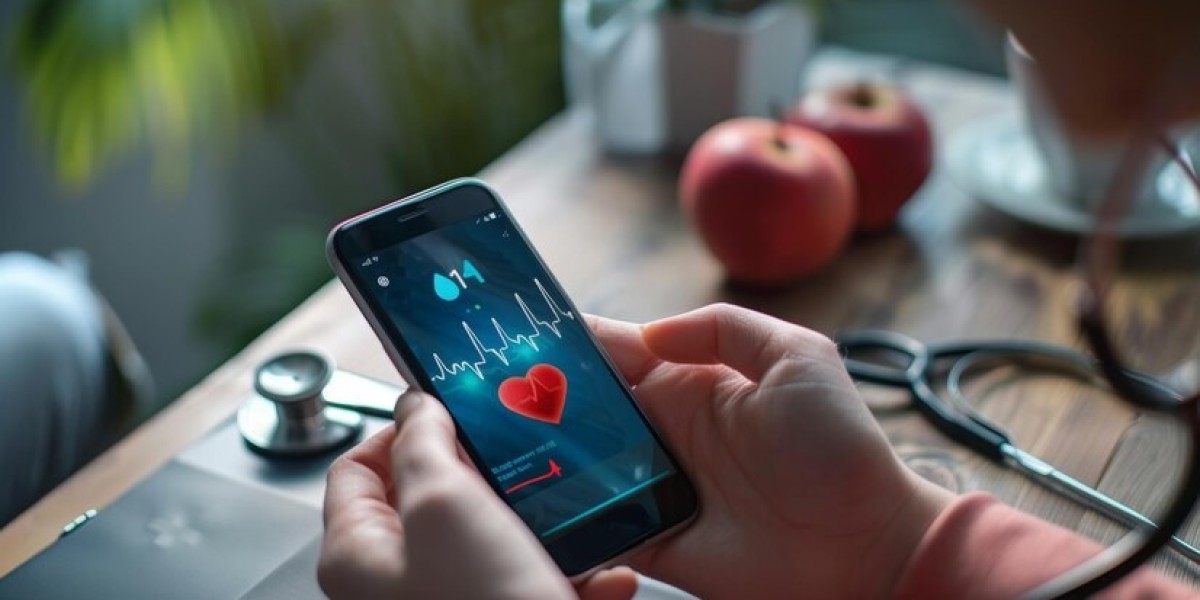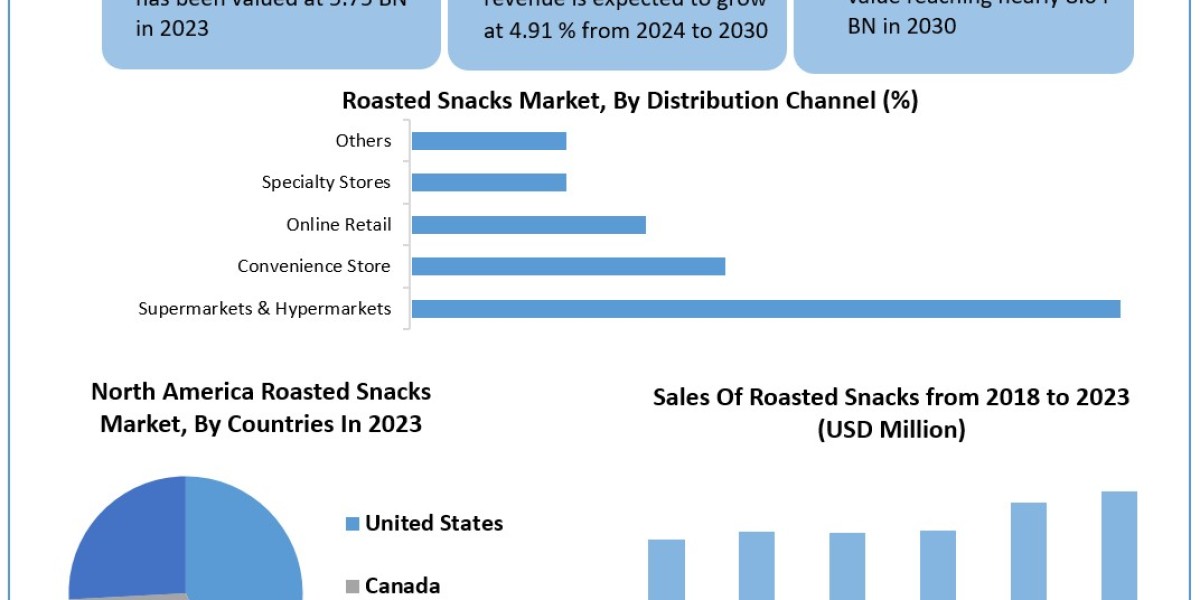In the last decade, technology has transformed the healthcare landscape in unprecedented ways. Among the most significant innovations are health monitoring apps, which have revolutionized how people manage their health and how healthcare providers deliver care. These apps provide real-time data on various health metrics, empower individuals to take control of their well-being, and help clinicians track and diagnose health issues more efficiently. As we step further into the digital age, health monitoring apps stand out as a critical tool in the evolution of healthcare.
The Rise of Health Monitoring App
Health monitoring apps have rapidly gained popularity thanks to the proliferation of smartphones, wearables, and advancements in medical technology. These apps allow users to track everything from their heart rate and sleep patterns to more complex metrics such as glucose levels or oxygen saturation. What began as simple fitness apps now encompass comprehensive health platforms that can monitor chronic conditions, alert users of potential health risks, and even help manage medication.
This growth can be attributed to several factors:
Increased Health Awareness: As people become more health-conscious, they seek tools to manage and monitor their physical and mental health actively. Health monitoring apps fulfill this need by offering accessible, user-friendly interfaces that allow continuous tracking.
Wearable Technology: The integration of wearables, like smartwatches and fitness trackers, with these apps provides a seamless way to collect real-time health data, making health management more effective.
Remote Patient Monitoring App: In the wake of the COVID-19 pandemic, there has been a significant shift toward remote healthcare solutions. Health monitoring apps allow for the tracking of vital signs and other health data remotely, reducing the need for frequent hospital visits.
Key Features of Health Monitoring Apps
Health monitoring apps provide a wide array of features designed to assist individuals and healthcare providers in managing health proactively:
- Real-Time Data Collection
One of the most valuable aspects of health monitoring apps is their ability to gather and present real-time data. Whether it's monitoring blood pressure, heart rate, or blood sugar, the ability to track fluctuations as they occur allows for more timely interventions. For patients with chronic conditions like diabetes or hypertension, this feature is crucial.
- Personalized Health Insights
Through AI and machine learning algorithms, many apps now offer personalized health insights. By analyzing patterns in a user’s data, these apps can suggest lifestyle changes, predict potential health issues, and recommend when to seek medical advice. For example, an app might suggest dietary changes if it notices prolonged periods of elevated blood glucose levels.
- Data Sharing with Healthcare Providers
Modern health monitoring apps can now link directly with healthcare providers, allowing seamless data sharing. This facilitates better communication between patients and doctors, enabling clinicians to monitor patient health remotely and adjust treatment plans as needed. In some cases, apps can alert healthcare providers if a patient's data indicates a potential emergency, such as an irregular heart rhythm or dangerously low oxygen levels.
- Medication Reminders and Management
For individuals managing chronic diseases, remembering to take medication on time is crucial. Many health apps include features that send reminders for medication schedules, track dosages, and even warn users if they miss a dose.
- Mental Health Monitoring
Health isn’t limited to physical well-being; mental health is equally important. Some health monitoring apps now include features that track mood, stress levels, and sleep patterns, helping users identify triggers for anxiety or depression. This is especially beneficial for individuals who need to monitor their mental health but may not have consistent access to mental health professionals.
Benefits of Health Monitoring Apps
The benefits of health monitoring apps are multifaceted, extending to both individuals and the broader healthcare system.
- Empowering Patients
By providing users with easy access to their health data, health monitoring apps empower patients to take control of their health. This helps individuals make informed decisions about their lifestyle, diet, and medication, leading to better outcomes.
- Early Detection of Health Issues
Health monitoring apps excel in early detection. Regularly monitoring vital signs such as heart rate or blood pressure allows individuals and healthcare providers to spot abnormal patterns early, leading to faster diagnosis and treatment of potential health problems. In some cases, early detection can be life-saving, such as detecting atrial fibrillation, which can lead to stroke if untreated.
- Cost-Effective Healthcare
These apps reduce the burden on the healthcare system by minimizing the need for in-person appointments and hospitalizations. Patients with chronic diseases can be monitored remotely, avoiding frequent trips to the doctor. This, in turn, reduces healthcare costs both for patients and providers, making healthcare more accessible.
- Improved Patient Compliance
Adherence to treatment plans is one of the biggest challenges in healthcare, especially for patients managing long-term conditions. By offering medication reminders and easy ways to track progress, health monitoring apps help improve patient compliance, ensuring that treatments are followed correctly.
- Enhanced Preventive Care
Preventive care has become the cornerstone of modern medicine. By regularly tracking key health metrics, health monitoring apps encourage users to adopt healthier habits before problems arise. From promoting regular exercise to alerting users of elevated cholesterol levels, these apps help people stay ahead of potential health concerns.
Challenges and Considerations
Despite the many benefits, health monitoring apps face certain challenges that need to be addressed to realize their full potential.
- Data Privacy and Security
One of the primary concerns with health monitoring apps is data security. As these apps collect sensitive health information, ensuring this data is protected is critical. Breaches of personal health data can lead to serious consequences, including identity theft and insurance fraud. App developers must prioritize robust encryption methods and adhere to data privacy regulations such as HIPAA in the U.S. or GDPR in Europe.
- Accuracy of Data
The effectiveness of health monitoring apps hinges on the accuracy of the data they collect. Although most apps use highly sophisticated algorithms, they are not foolproof. A misreading of data could lead to incorrect self-diagnosis, unnecessary panic, or, conversely, a missed health warning. For this reason, it’s essential that health monitoring apps work alongside professional medical advice rather than replace it.
- Digital Divide
Not everyone has access to smartphones or wearables, which limits the reach of health monitoring apps. Additionally, older populations or those with limited technical knowledge may find it difficult to use these apps effectively. Addressing these gaps is crucial to ensuring that the benefits of health monitoring apps are accessible to all.
The Future of Health Monitoring Apps
Looking ahead, the integration of health monitoring apps into daily life and healthcare systems is likely to deepen. Several emerging trends point toward a future where these apps will play an even more vital role in healthcare:
- AI and Predictive Analytics
As artificial intelligence continues to evolve, health monitoring apps will become even more adept at predicting health issues before they become critical. By analyzing vast amounts of data from millions of users, AI can identify patterns that humans might miss, enabling earlier interventions and more personalized care.
- Integration with Telemedicine
The rise of telemedicine complements health monitoring apps, creating a seamless healthcare experience. Patients can use apps to monitor their health at home and then consult with their doctors via video calls, reducing the need for physical appointments.
- Advanced Wearables
Future wearables are expected to become more sophisticated, allowing for the tracking of a wider range of health metrics with greater accuracy. Devices like smart glasses or even biometric tattoos could provide more in-depth monitoring, giving healthcare providers access to real-time data on a level never seen before.
- Holistic Health Platforms
The trend toward holistic health monitoring is on the rise, with apps focusing not just on physical health, but also integrating mental health, nutrition, and even social well-being into one platform. This comprehensive approach ensures that all aspects of a user’s health are considered.
Conclusion
Health monitoring apps represent a revolutionary shift in how we approach healthcare. By empowering individuals with real-time data, promoting preventive care, and improving patient-provider communication, these apps are set to play a pivotal role in the future of medicine. While challenges such as data privacy and accuracy remain, the potential for these apps to transform healthcare delivery and improve outcomes is immense. As technology continues to advance, health monitoring apps will undoubtedly become an indispensable tool in the global effort to improve health and wellness.



